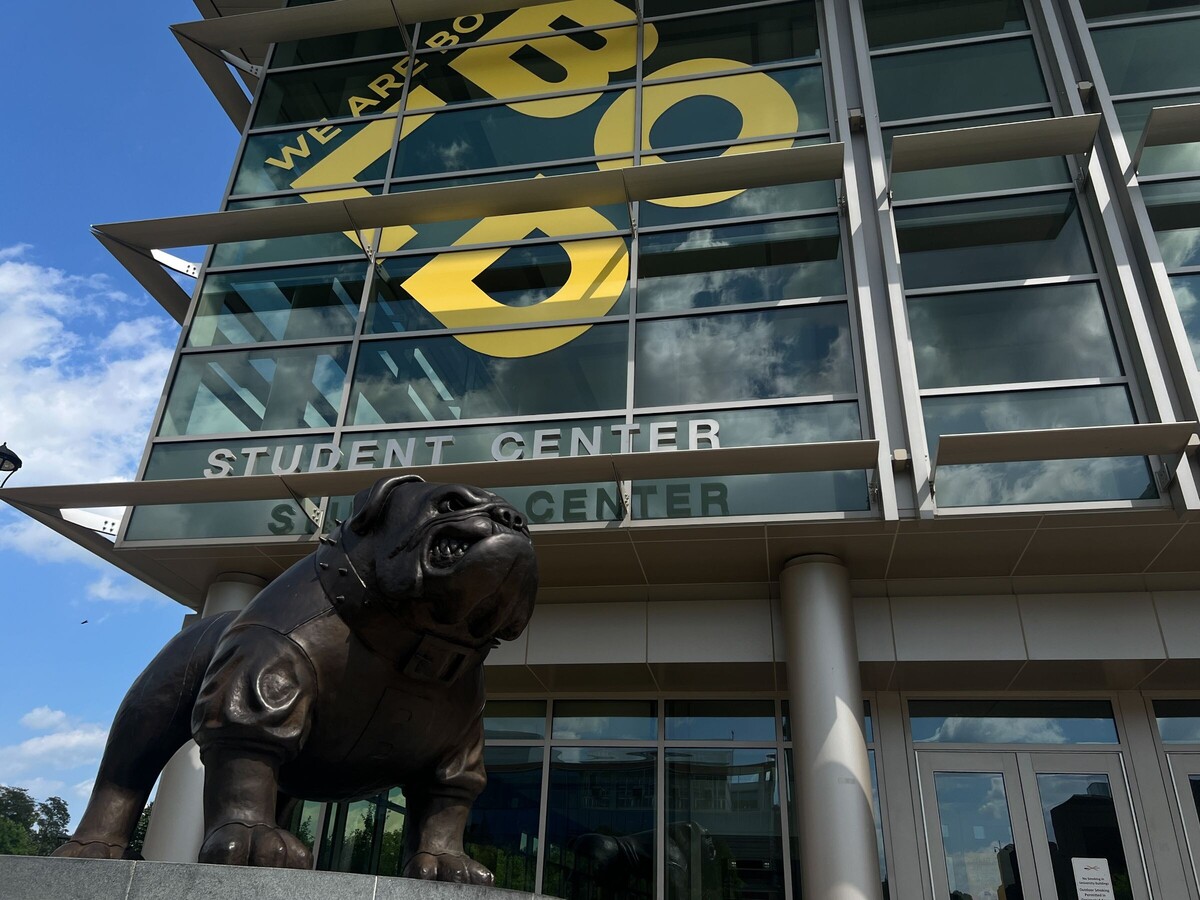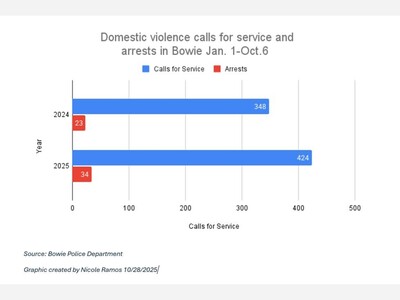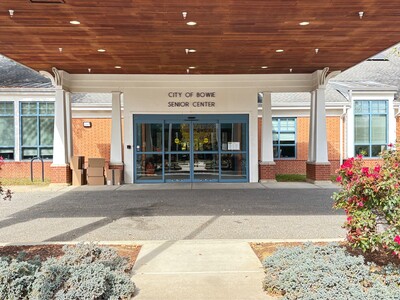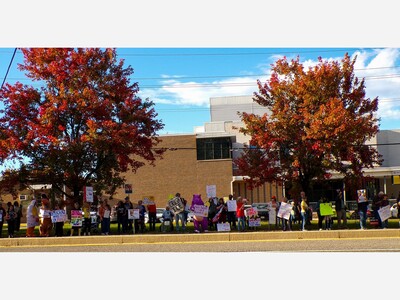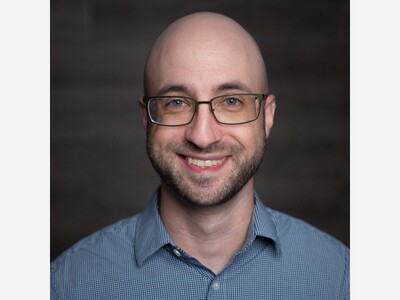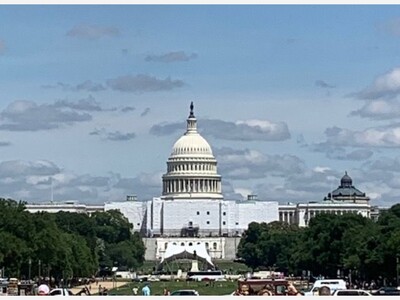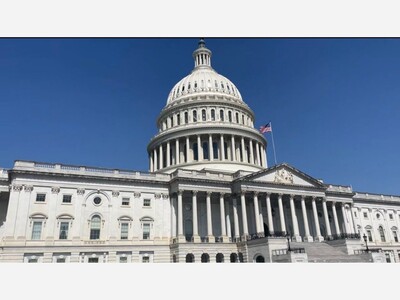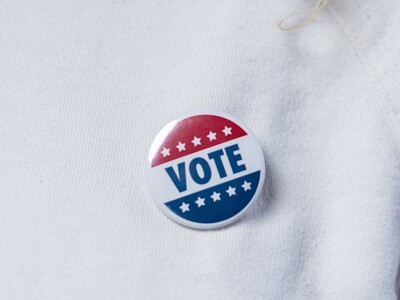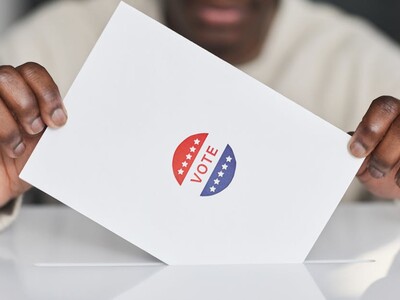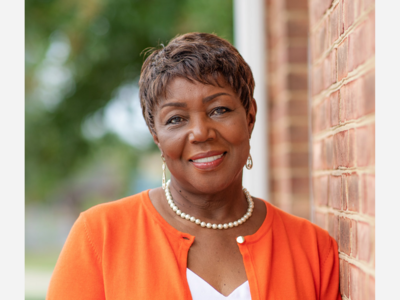What Legalizing Marijuana in Maryland Means for Bowie State University
Every Friday, Nakya takes a weekend smoke break after one set of classes to unwind after a full week of stressful classwork. Looking flawless, she sat in a secluded area of the Performing Arts building, right under a staircase leading to the building's third floor. Nakya is a Fashion Major at Bowie State University, who doesn’t shy away from glamorous items and accessories such as the beauty hoop earring dangling from her petit ears. Petite and with the posture of a dancer, she comfortably sat down on another sofa bed, one leg crossed over the other.
“I’m more than happy that cannabis is legal statewide. I don’t smoke like crazy, but I do it to mentally reset,” she tells me. “I think prohibiting the use on campus makes sense, but it’s useless a lot of people use it regardless.”
If you were on a tour of Bowie State University’s campus, it would be impossible to ignore the scent of marijuana in the hallways and entranceways of the building. As far as the residential areas, marijuana might as well become a permanent scent. Weed has always been a regular presence on campus, with many students smoking it in hidden areas or in their dorm rooms. Signs criticizing marijuana use are common around the campus, warning students of the consequences of being caught with it on campus grounds because, until recently, it was not legal in Maryland.
But all that changed in November 2022, after new state elections legalized recreational cannabis for adults 21 and older. The new regulations will go into effect statewide after July 1, 2023. However, on November 11, 2022, Amani Jennings, Dean of Students made a public announcement via email reminding the campus community that, despite Maryland legalizing cannabis, marijuana will remain prohibited on BSU’s campus.
In order to understand what this new state policy means for Bowie State University, I met virtually with Amani Jenning, Bowie State Universities Dean of Students, who is in charge of making sure that students understand the university’s policies. Surrounded by mountains of books on the Tetris-like shelves behind his cluttered desk, Jennings, wearing a Bowie State University hoodie, sat at his table slightly hunched over a few papers. Jennings recalled Federal law effortlessly as he explained the Federal Drug-Free Communities Act. According to federalgrants.com, the Drug-Free Communities program was created to “Establish and strengthen the collaboration among communities, public and private non-profit agencies; as well as federal, state, local, and tribal governments to support the efforts of community coalitions working to prevent and reduce substance use among youth.” Jennings explains,
“It’s not just about the information, it's about the education. We need to be creative as an institution and I need to be creative as an administrator with how we communicate to students so they’re aware of the law on and off campus.”
After Dean Jennings’ statement was released, students had a variety of responses ranging from indifference to outrage. So, I reached out to a few students on campus to hear in their own voices how they felt about BSU’s policy. Many students I talked to were not users but supported the state's decision to legalize cannabis and condemned the school's regulations for prohibiting cannabis use on campus. Daevonna, a junior at Bowie State University, said that the university's actions were counterproductive. “I feel like there are more issues Bowie (BSU) should be concerned about besides their students smoking weed. There are a lot of kids suffering from mental health issues or struggling financially. They don’t have an outlet, but the school’s more concerned about them smoking weed.”
It is unlikely anything will really change after July 1st. Several professors have told me that in class, students appear to be under the influence of marijuana, or they are able to smell marijuana throughout the hallways. Professors in the MLK building have said these students can be a distraction during lectures. Some professors say they feel uncomfortable when they see students under the influence in their class. A professor revealed that, “From the moment you walk down the halls in the MLK building you can smell the stench of Marijuana. I have a few students that come into my class high. They’re not disruptive, so they’re not a big issue to deal with, but it can be bothersome to see.”
Even though Bowie State University’s decision has generated some buzz among students and faculty, it is highly unlikely that there will be any change to the university’s current policies forbidding the use of marijuana on campus grounds. The goal the University is to educate students about the state's new law to ensure students feel heard while living on campus. Jennings remains confident that with time, the school's policy on marijuana will come to be widely accepted and supported, especially by those who prioritize the welfare and safety of students. “We’ve been working on some videos and Instagram videos where you’re going to see students taking the lead,” he says. “You’ll hear student's voices in different ways on different platforms to let students know that regardless of what’s going on in the state this is what the policy is on campus.”
Nakya still plans to use cannabis as she sees the substance as harmless and beneficial for her mental health. She generally avoids using it during school, due to cannabis's ability to slow down her senses while trying to learn. However, she was looking forward to the recreational use of cannabis becoming legal in the state this summer. Still, she feels as though the school's policies are unfair. “Honestly, it's beyond me as to why the Federal government won’t make it legal,” she says before going to class. “I don’t know if it’s something sketchy, but it makes zero sense.”
Dejah Miles is a student at Bowie State University and the 2022 Bowie Sun intern, republishing this article originally featured in the Bowie Banner.


